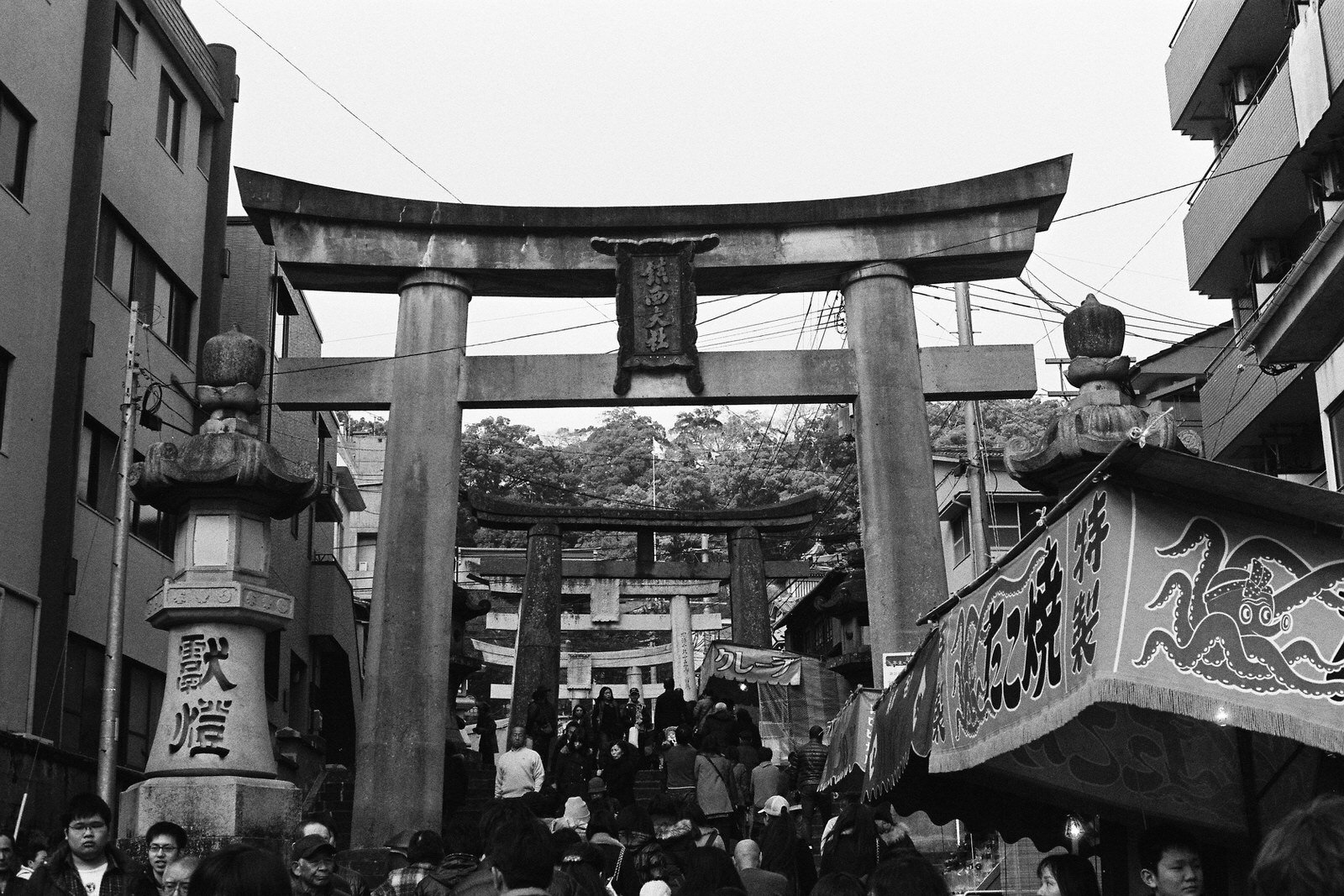Closing the Communication Gap
English is not widely spoken across Japan, despite it being a compulsory subject in Japanese secondary schools. In 2014, Japan was ranked 26 out of 60 countries when it comes to English proficiency. Another survey revealed that less than 20% of Japanese people are comfortable using English on a conversational level. Being a little lost in translation shouldn’t prevent you from visiting Japan though. We asked a few experienced travellers about closing the communication gap when visiting our favourite destination.
Get Google Translate
Jessica Huang from Cape Town recommends downloading the Google Translate app to your phone before touching down in Japan. Great tip, Jessica! This brilliant app comes in handy in just about any situation. You can speak or type into the app, and the app instantly converts your English into Japanese audio, or a flash card that can be held up for someone to read - this feature especially comes in handy in a noisy izakaya. The app is also able to visually translate characters. Hold your phone up to a Japanese menu, snack packaging, or sign, and see the text convert instantly to English. The Japanese dictionary on the app can be downloaded to your device so that you can use the app when you’re not connected to wi-fi.
Don’t Hesitate to Ask for Help
“Don’t be afraid of asking people, they usually know enough English to help,” advises one of our fellow travellers. Remember what we said upfront about English being a compulsory subject in Japan? Most people have studied English at school for 6 years, this means many people are able to understand and speak enough to help you find what you’re looking for. In addition to this, Japanese people are very polite and helpful and will try their best to assist.
Terri De Sousa from Cape Town shares her experience of asking for help:
“We were in Nezu, Tokyo looking for ‘Snake Street’ a windy road dotted with artisan shops. While sitting at a restaurant, I asked a patron if he could point us in the right direction. When we were done eating, he walked us several blocks to the start of the street and said he was happy to do so as it was a chance for him to practice his English. We met many people who went above and beyond to help us out.”
Signs and Directions
Many road signs and notices aren’t translated to English, but with the Tokyo 2020 Olympics around the corner, this is changing. The country is committed to updating signs in public spaces so that visitors will be able to get around easier than ever before. In the meantime, the Google Translate app comes in handy when converting signs to English. The Google Maps app is also a great way to find your way around even the most rural areas.
For more tips on getting around Japan, read this blog post.
Learn a Bit of Japanese
“Learn the basics of Japanese, it's handy for when you need to have quick conversations, especially when you're lost,” says Annemie Hayes from Centurion. Ryan de Kwaadsteniet from Cape Town agrees with this tip, “It helped us a lot and Japanese people really appreciate that you go to the effort.”
When Japanese words are written out using the English alphabet, they can be correctly pronounced, with very similar sounds to that of English. So learning and being able to say a few phrases is easier than you may think. DuoLingo is a free language learning app that has added Japanese to their courses. There are also a few great Instagram accounts that share Japanese words and phrases, like @learn__japanese__words and @japanese_words_illustrated.


